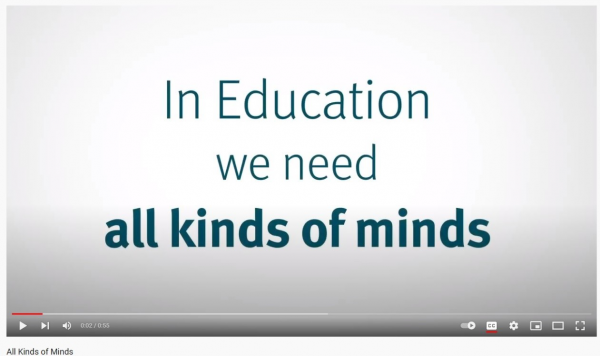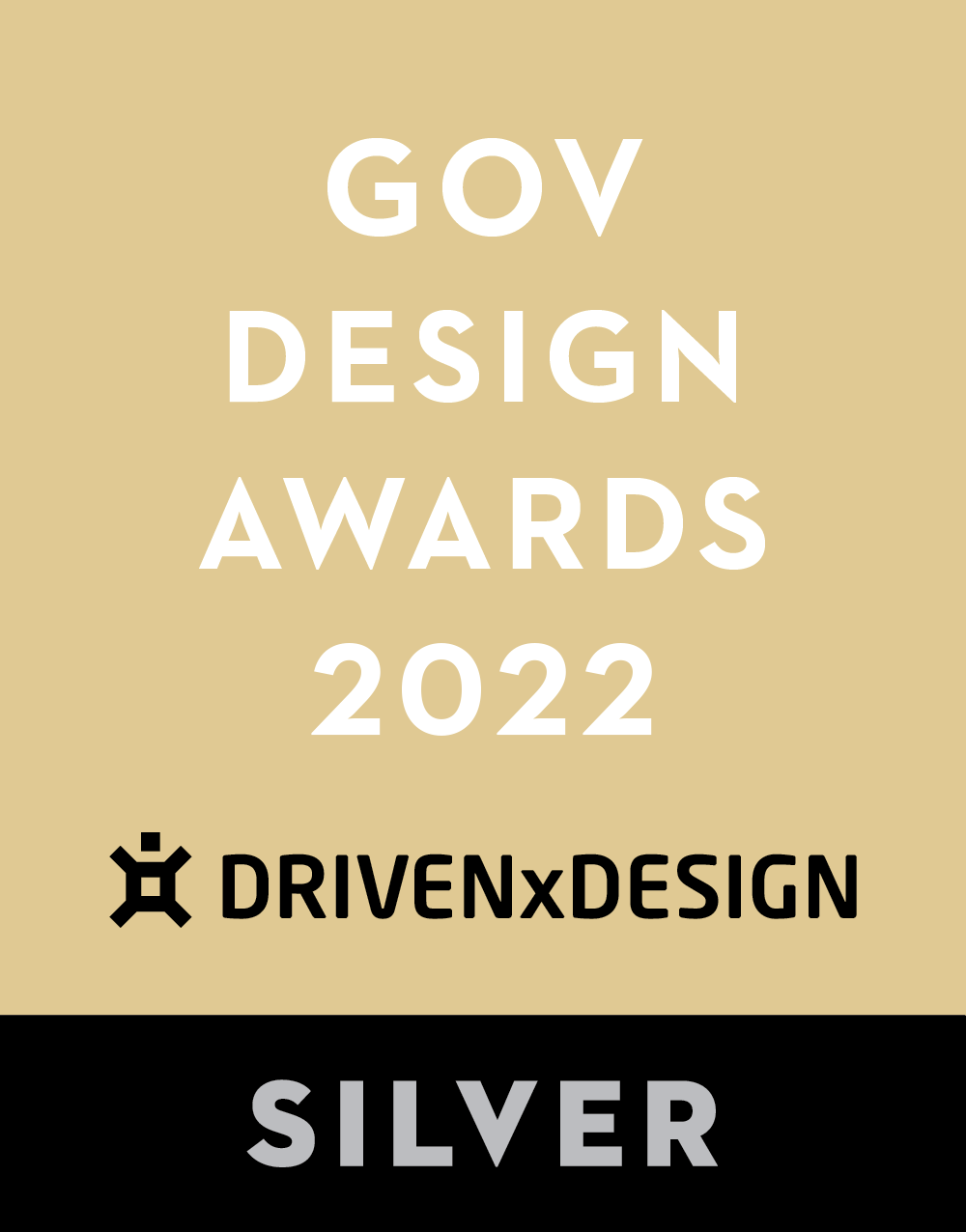









Image Credit : Images supplied by the All Kinds of Minds neurodiversity pilot, Department of Education, Queensland Government, Australia.

Project Overview
The All Kinds of Minds Neurodiversity pilot centres on the workforce inclusion of neurodiversity within the Queensland Department of Education, Australia. Neurodiversity refers to the natural variation in human wiring, including autism, ADHD, dyslexia etc. In a world-first, our service focuses on developing alternative recruitment and support pathways to embrace neurodiverse talent within non-technical departmental roles and include multiple stakeholder voices in the design and implementation of service.
Stage 2 of the project focused on delivering and implementing an Assessment Centre process in partnership with DXC Technology (a neurodiverse recruitment specialist) based in Brisbane for various roles and various levels across the department. It included a rigorous three-week assessment process to identify skills sets in the prospective neurodiverse employees, match employees to areas of the department where their skills set were needed, prepare employees for the workplace, and provide selection and recruitment suitable for neurodiverse employees.
Organisation
Department of Education, Queensland Government, Australia
Team
Anna Gibson - Project Manager
Dr Tanya Murray Principal Project Officer
Rebecca Smith - Project Officer
Project Brief
The project brief for the All Kinds of Minds Neurodiversity pilot Stage 2 was designed to: lift organisational capability of neurodiversity within the workforce through implementing the pilot, increasing the percentage of employees in the department identified as having a disability, providing pathways for state school students into employment and recruit and onboard neurodiverse employees using a support framework based on best practice.
Stage 2 sought to recruit neurodiverse people to the department, and to develop and showcase their skills through the Assessment Centre process. The department partnered with DXC Technology to achieve this and also provided increased support for the new employees upon entering the government workforce to ensure participants reached their full potential.
An animation of the program and video of the Assessment Centre were produced, showing the benefits of the approach for the department and participants, and how the process worked.
Project Innovation/Need
Neurodiverse people have unique skills, talents and abilities, such as creativity, problem solving and a high focus. However, traditional recruitment approaches, that rely on CVs and interviews, can become a barrier for neurodiverse people to showcase their talents. To eliminate these barriers the Assessment Centre process was chosen. In Stage 1 the pilot was designed, also in conjunction with building internally capability around neurodiversity and Stage 2 of the pilot recognised the need to implement program.
The ground-breaking approach was the first time the department used an Assessment Centre recruitment program to hire neurodiverse staff. It was also the first Queensland government agency to adopt this approach. Fifty people applied for positions in the department, ten attended the assessment centre, and nine people were hired and selected for various roles across the department. Candidates benefitted from the alternative recruitment approach, but also assisted with addressing staff shortages where quality employees were sought.
New employees and their managers were supported through an innovative and tailored framework to assist employees transition into the government workforce (with specialist neurodiversity advice provided to the department by DXC Technology). It included:
• Manager and team training on neurodiversity
• Detailed guides on neurodiversity
• Neurosmart mentors for the mentees
• One to one support for employees and managers from neurodiversity experts
• Weekly questionnaires to assess comfort and anxiety in the workplace
• Regularly training on key topics on workplace culture and mental health support
Process innovation and reiteration occurred as the framework was adjusted to suit the individual needs of employees as they adjusted to life in the public service. Managers equally benefitted from this approach.
Design Challenge
The main challenge centred on using an alternative recruitment method not previously used within the department whilst at the same time complying with departmental policies and procedures, and Covid-19 restrictions. In response to these challenges AKOM partnered with DXC Technology to utilise neurodiverse recruitment expertise to implement the assessment centre program.
A second challenge, was how to find neurodiverse workers, and make them aware of employment opportunities available in the department. DXC Technology provided a pipeline for targeting and recruiting neurodiverse people, whilst utilising the connection internally through the Autism Hub, thereby assisting the department to access an untapped pool of skilled people.
Covid-19 restrictions also proved to be testing for the implementation of the program. During the Assessment Centre, pivoting was required as it started as a face to face program, and had to quickly adapt to an online program as a result of such restrictions. Together AKOM and DXC Technology were able to quickly and successfully shift from one approach to another to continue delivering the program. Prospective employees demonstrated their resilience and adaptability to the rapid change in program delivery, but also showed how flexible and effective an assessment centre program can work for government recruitment.
Future Impact
AKOM has commenced an evaluation process of the assessment centre program to determine how various stakeholders found the process. Feedback has been sought via multiple methods including conversations with new employees and their managers, employee and manager questionnaires, and reflection by the AKOM team on what they learned from the experience.
To date it is clear that collaboration is the key to successful Assessment Centres. Through working together challenges can be managed to help participants succeed in the Assessment Centre program, but also as they transition government. It is also evident that such programs cater to diverse needs, and work effectively for neurodiverse people as it highlights their skills strengths through multiple activities and opportunities.
Service Design - Departmental
This award celebrates creative and innovative solution design for the successful delivery and provision of government services. Consideration given to system integration, user experience, product design.
More Details

